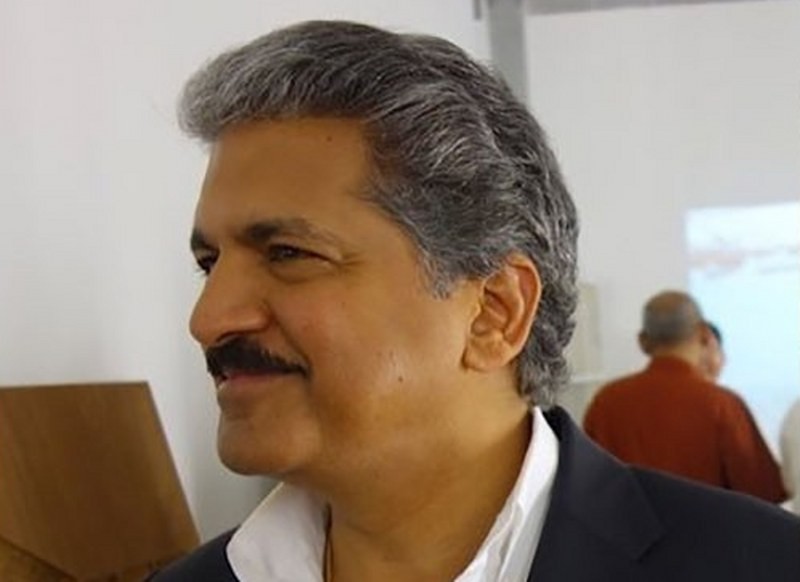
Anand Mahindra reacts to data revealing AI already dominates internet traffic
Mahindra Group Chairman Anand Mahindra, known for his sharp humour and dynamic social media presence, often shares thought-provoking and amusing insights that quickly gain traction online.
His posts regularly spark discussions and widespread engagement, further solidifying his popularity among netizens.
In one of his recent tweets, Mahindra drew attention to a startling statistic about internet traffic, which highlights a concerning trend.
According to the data, only 38.5% of web traffic originates from humans, while an overwhelming 61.5% is generated by non-human entities—including search engine crawlers, data scrapers, cryptocurrency-mining software, hacking tools, and other automated programs.
The statistic, initially shared by the Twitter account ‘World of Statistics,’ was reshared by Mahindra with his signature wit. He captioned it: “We are already living in the matrix.”
— Aditya Daga (@adi_daga) October 4, 2022
The post triggered a flurry of reactions, with users expressing a mix of amusement and alarm over the revelation.
While some found the information fascinating, others responded with lighthearted remarks.
One user thanked Mahindra for the “remarkable bit of trivia,” while another joked, “That’s why Elon sir cancelled the Twitter deals.”
Another commenter said, “Part of being the 38.5% never felt so good,” while a more serious take noted, “It’s a digital matrix, with the highest cyber security risk because of 61.5%. Increasing awareness is a deterrent.”
Part of being 38.5% never felt so good. 😁
— Jaya Tijare. (@jaya2004khare) October 4, 2022
Interestingly, this statistic had previously caught the attention of Elon Musk, who reacted with a simple yet emphatic “!!”—a post that quickly amassed nearly 50,000 likes at the time.
Separately, a study by Professor Simon Hegelich of the University of Munich shed further light on the issue, revealing that many social media accounts can generate thousands of interactions per day, mimicking human behaviour so convincingly that distinguishing between real users and bots has become increasingly difficult.
The dominance of non-human entities online poses significant challenges, particularly in cybersecurity, data privacy, and digital authenticity.
With bots and automated tools controlling a vast portion of internet activity, concerns over cyber threats and data breaches are intensifying.
Support Our Journalism
We cannot do without you.. your contribution supports unbiased journalism
IBNS is not driven by any ism- not wokeism, not racism, not skewed secularism, not hyper right-wing or left liberal ideals, nor by any hardline religious beliefs or hyper nationalism. We want to serve you good old objective news, as they are. We do not judge or preach. We let people decide for themselves. We only try to present factual and well-sourced news.







